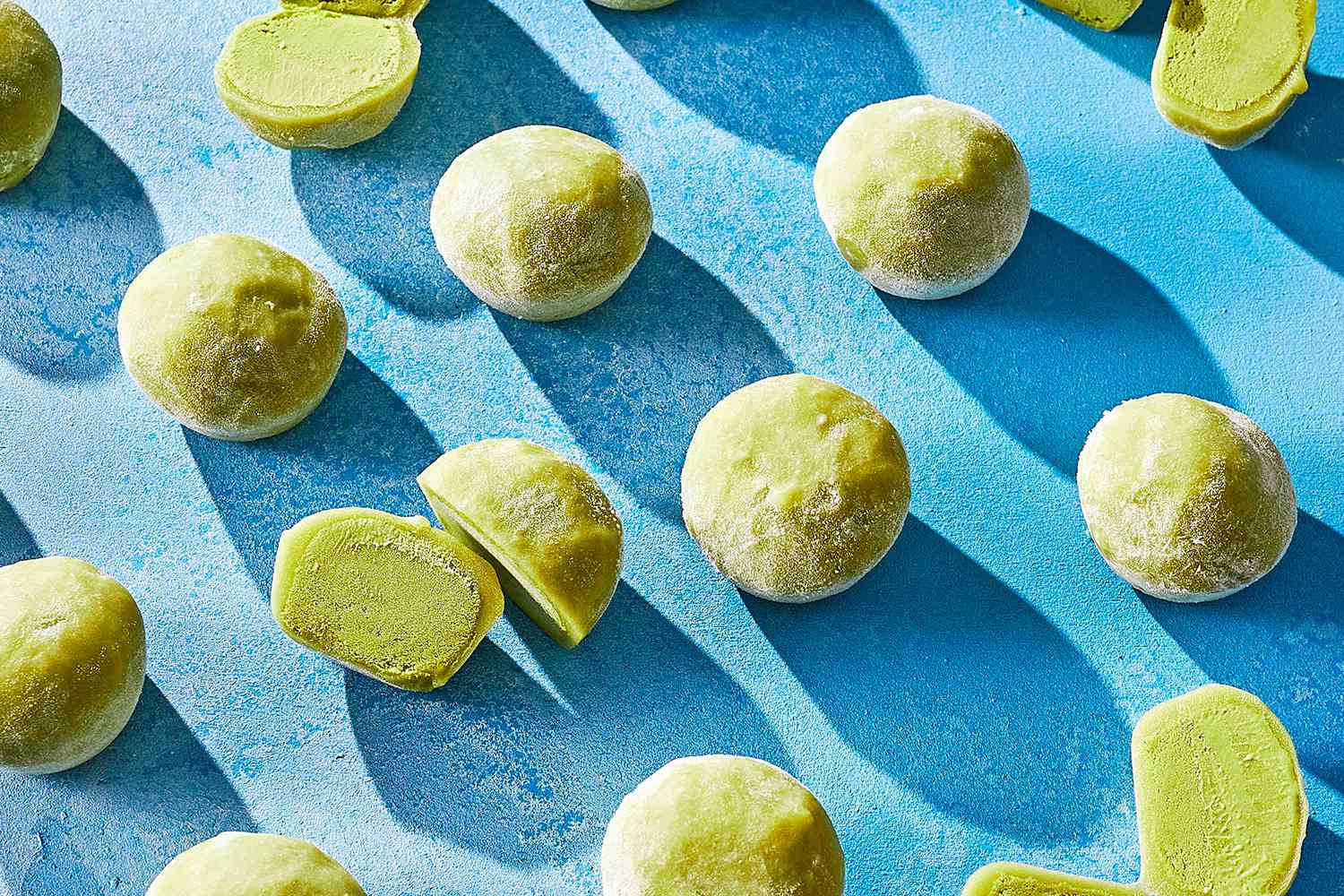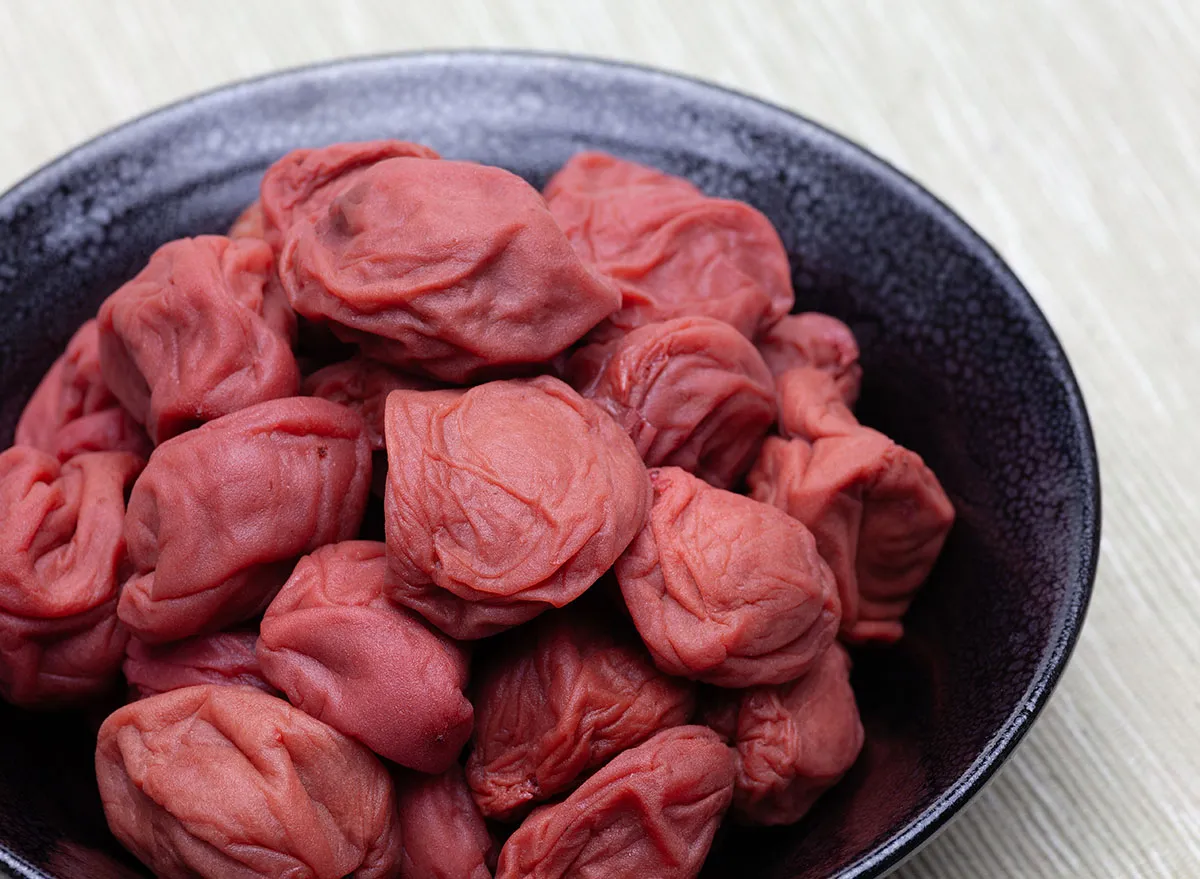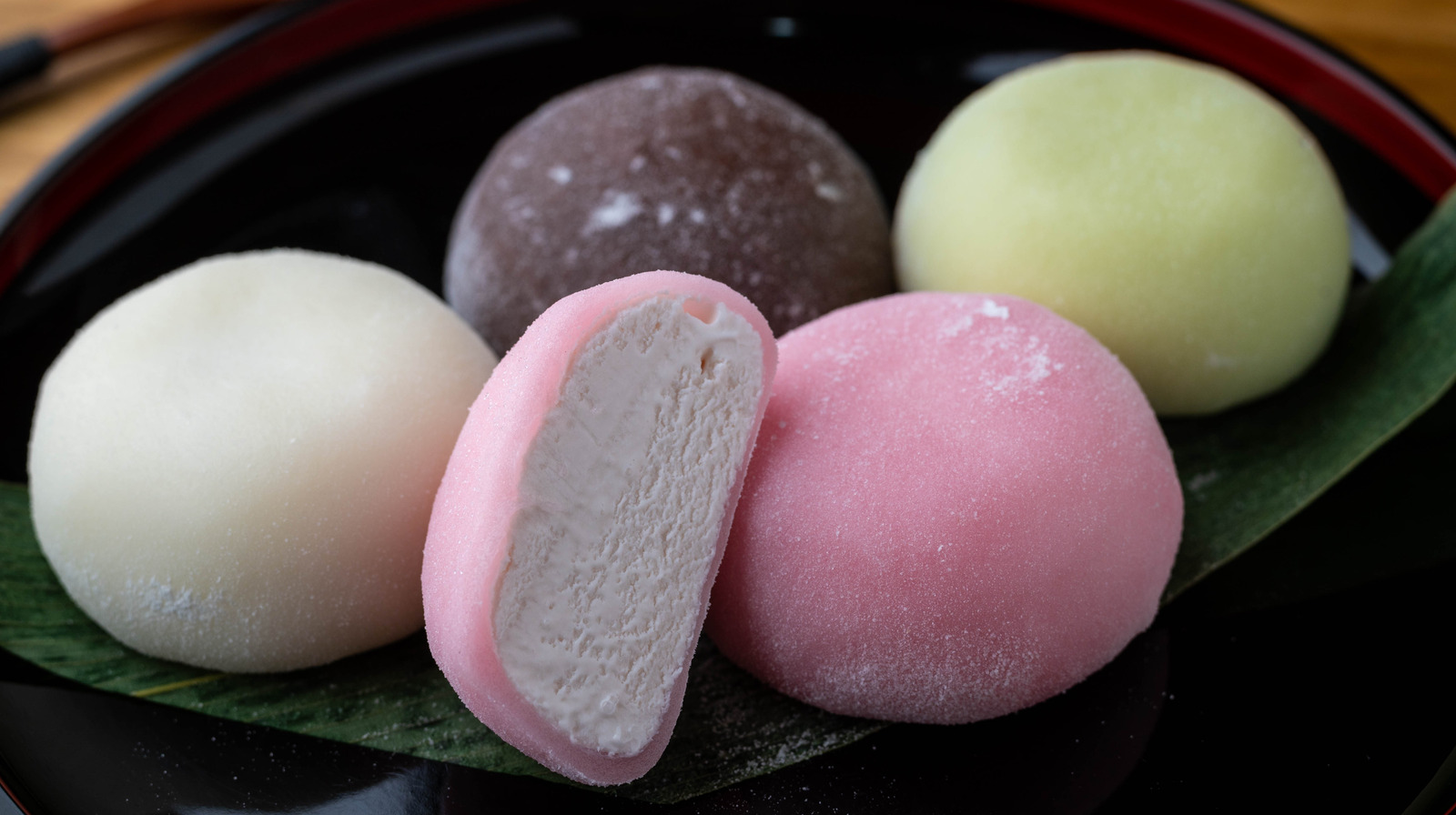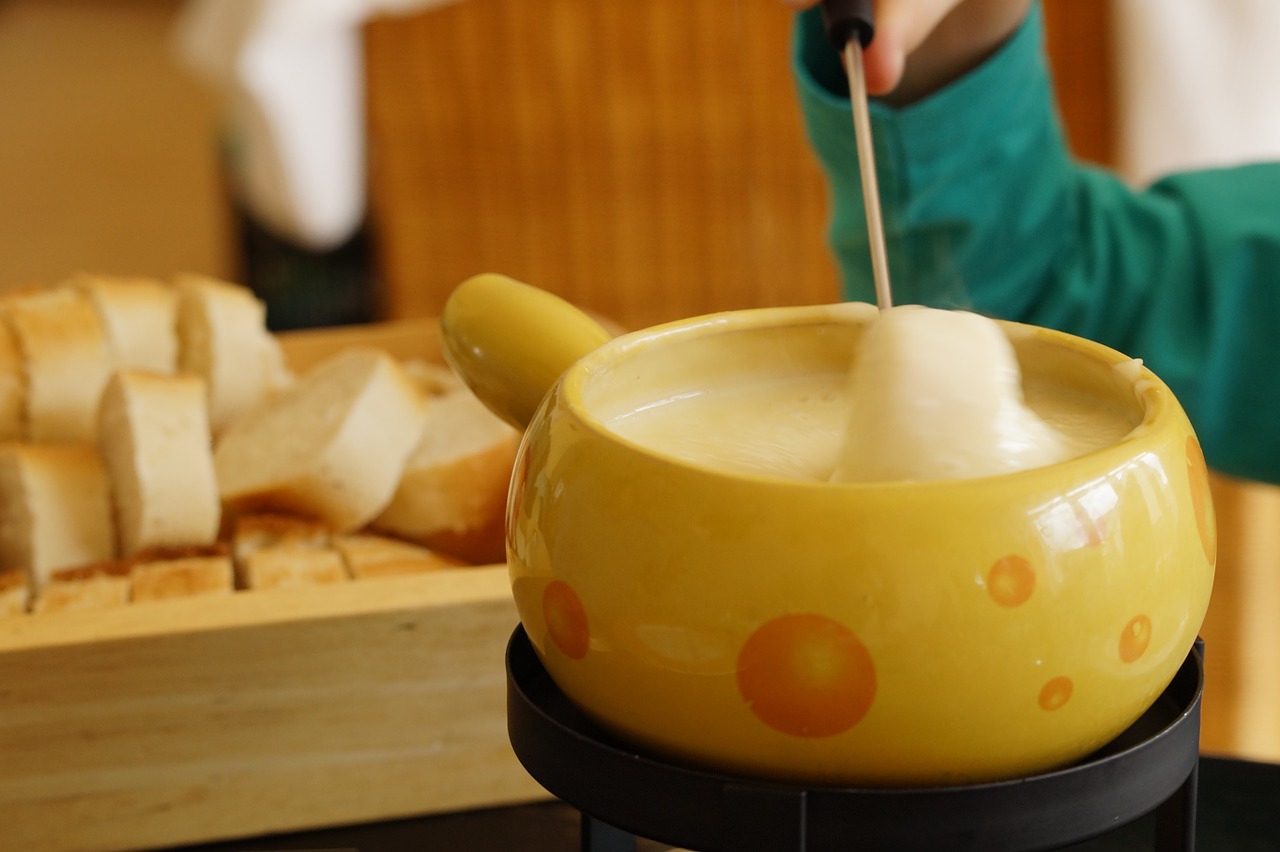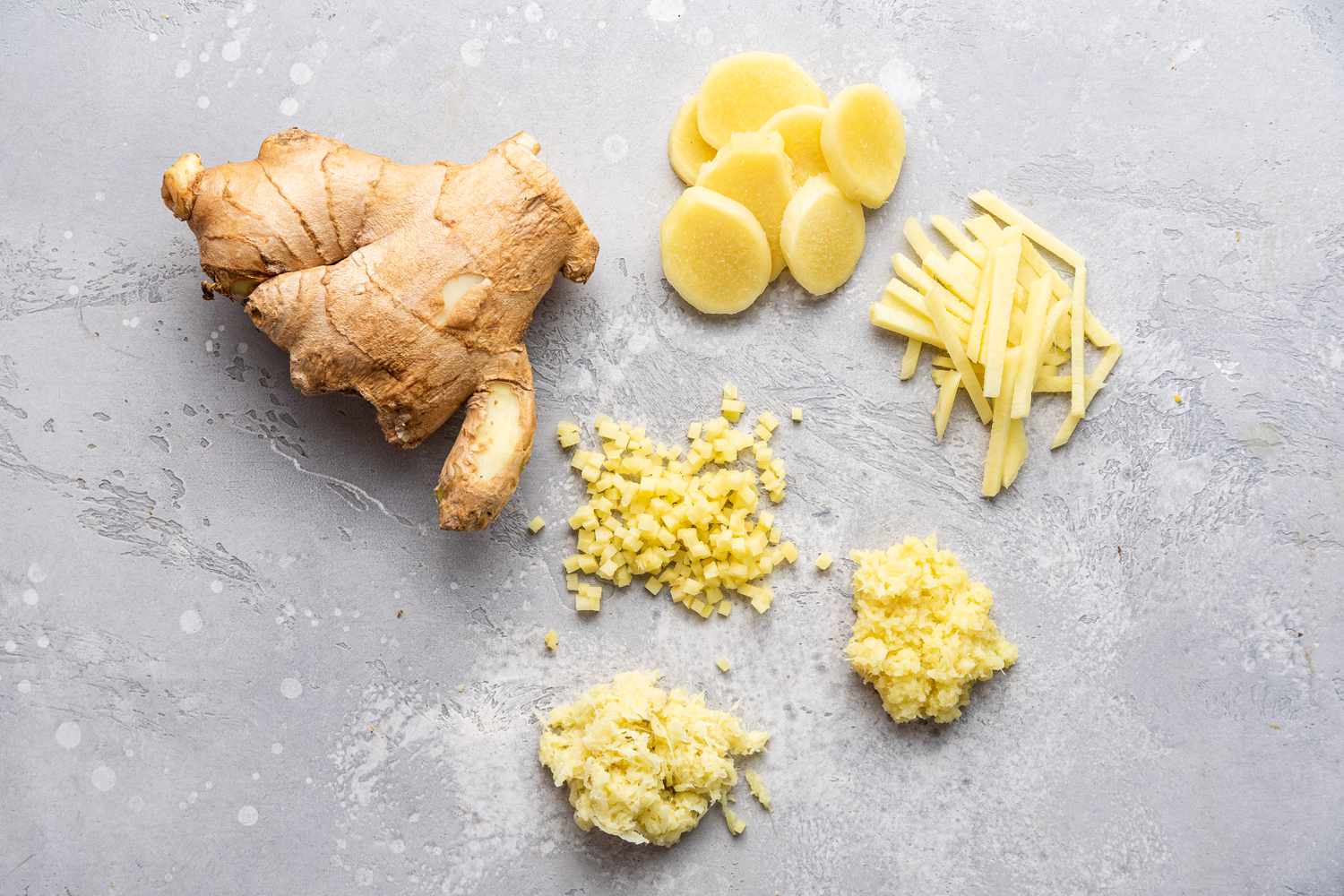Delicious and Nutritious: How to Enjoy Japanese Rice Balls
Japanese rice balls, also known as onigiri, are a popular and versatile snack that can be enjoyed at any time of the day. These tasty treats are made by shaping rice into a compact, triangular, or cylindrical form and often filled with a variety of delicious ingredients. Whether you’re a fan of traditional Japanese cuisine or simply looking to try something new, learning how to eat Japanese rice balls can be a delightful experience.
Choosing Your Rice Ball
Before diving into the delightful world of Japanese rice balls, it’s important to understand the different types and fillings available. Here are some popular options:
- Traditional fillings: Common fillings include umeboshi (pickled plum), salmon, tuna, and kombu (seaweed).
- Modern twists: Some rice balls feature unconventional fillings such as fried chicken, teriyaki beef, or even spicy cod roe.
- Vegetarian and vegan options: For those with dietary restrictions, there are plenty of rice balls filled with vegetables, tofu, or pickled radishes.
Unwrapping the Goodness
Once you’ve selected your desired rice ball, it’s time to unwrap and savor the flavors. Here’s how to do it:
- Peel back the nori: If your rice ball is wrapped in a sheet of nori (seaweed), start by peeling it back to reveal the rice and filling inside.
- Take a bite: Whether you’re using your hands or chopsticks, take a small bite to experience the combination of flavors and textures.
- Savor the filling: As you continue to eat, be sure to enjoy the unique filling that adds an extra layer of taste to each bite.
Pairing with Complementary Sides
Japanese rice balls can be enjoyed on their own, but they also pair well with a variety of side dishes and accompaniments. Consider these options to enhance your rice ball experience:
- Miso soup: A warm bowl of miso soup complements the simplicity of a rice ball with its rich and savory flavors.
- Pickled vegetables: The tangy and crunchy texture of pickled vegetables provides a delightful contrast to the softness of the rice.
- Green tea: A cup of green tea can cleanse the palate between bites and enhance the overall dining experience.
Embracing Onigiri Etiquette
While there are no strict rules for eating Japanese rice balls, there are a few cultural customs to keep in mind:
- Use both hands: When unwrapping and eating a rice ball, it’s customary to use both hands as a sign of respect.
- Avoid leaving crumbs: To show appreciation for the food, try to eat the rice ball neatly without leaving behind any crumbs.
- Enjoy mindfully: Take your time to savor each bite and appreciate the craftsmanship that goes into making these delectable treats.
Experimenting with Homemade Onigiri
If you’re feeling adventurous, consider making your own Japanese rice balls at home. With a little practice, you can create personalized fillings and shapes to suit your taste. Here are some tips to get started:
- Prepare the rice: Use short-grain Japanese rice and season it with a mixture of rice vinegar, sugar, and salt for authentic flavor.
- Get creative with fillings: Experiment with traditional and non-traditional fillings to discover unique flavor combinations.
- Shape with care: Whether you opt for the classic triangle shape or a round form, take your time to shape the rice balls with precision.
By following these steps, you can elevate your culinary skills and enjoy the satisfaction of creating your own onigiri masterpieces.
Conclusion
Japanese rice balls are not only a delicious snack but also a symbol of culinary artistry and cultural tradition. Whether you’re indulging in a store-bought onigiri or crafting your own at home, the experience of eating Japanese rice balls is a delightful journey for the senses. So, the next time you have the opportunity to enjoy these delectable treats, remember to savor each bite and appreciate the rich heritage behind this beloved Japanese snack.
More Delicious Japanese Rice Ball Recipes to Try
Having mastered the basics of crafting Japanese rice balls, readers are now equipped to explore a variety of flavorful and innovative onigiri recipes. For a classic taste, the Classic Salmon Onigiri Recipe offers a familiar yet delicious experience. Adventurous palates might appreciate the bold flavors found in the Spicy Tuna Onigiri Recipe. For those seeking a vegetarian option, the Shiitake Mushroom and Spinach Onigiri Recipe provides a delightful combination of earthy mushrooms and fresh spinach. Each recipe utilizes the skills covered in the guide, inviting readers to perfect their onigiri-making technique while enjoying a range of tasty fillings.
